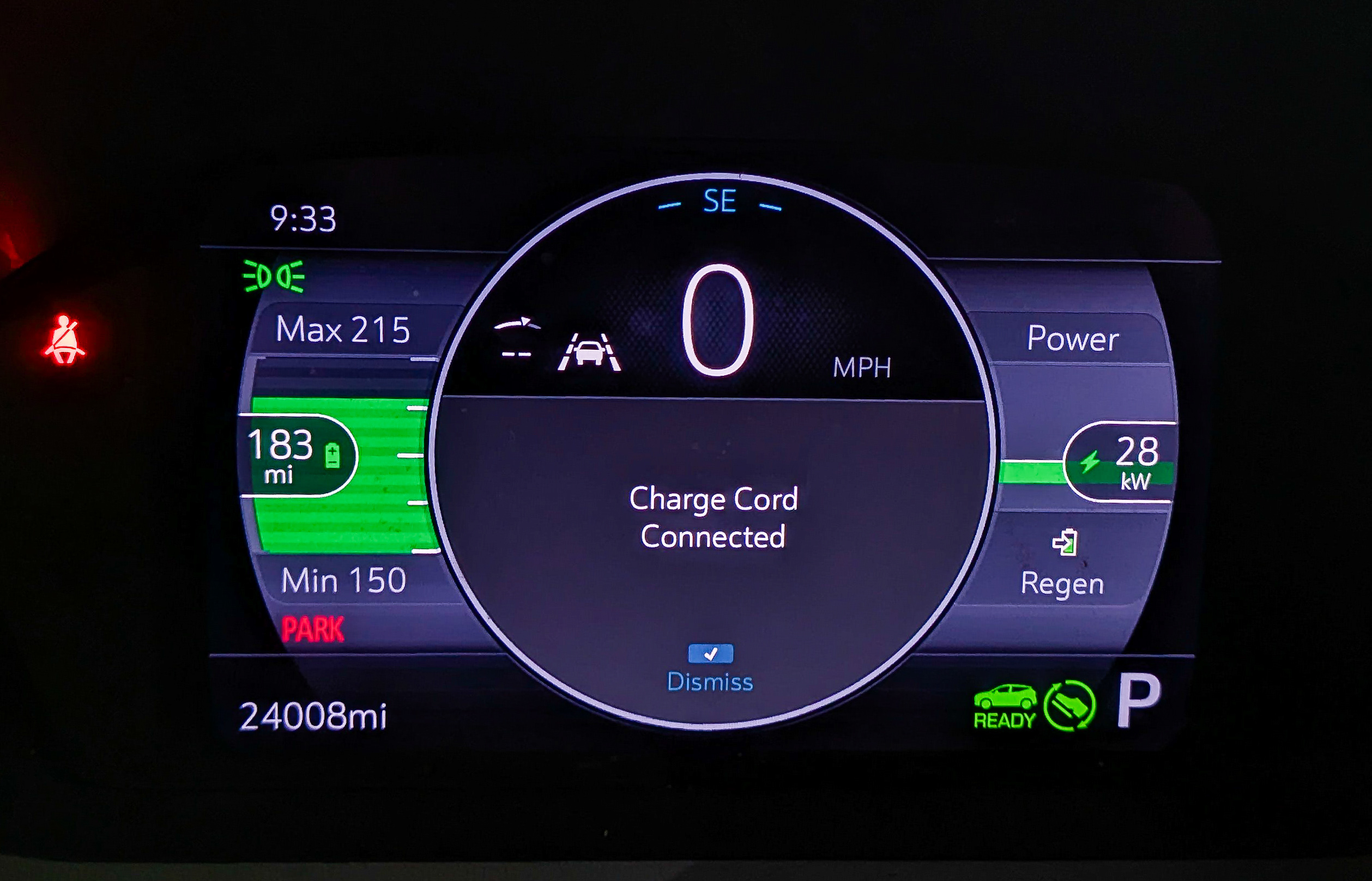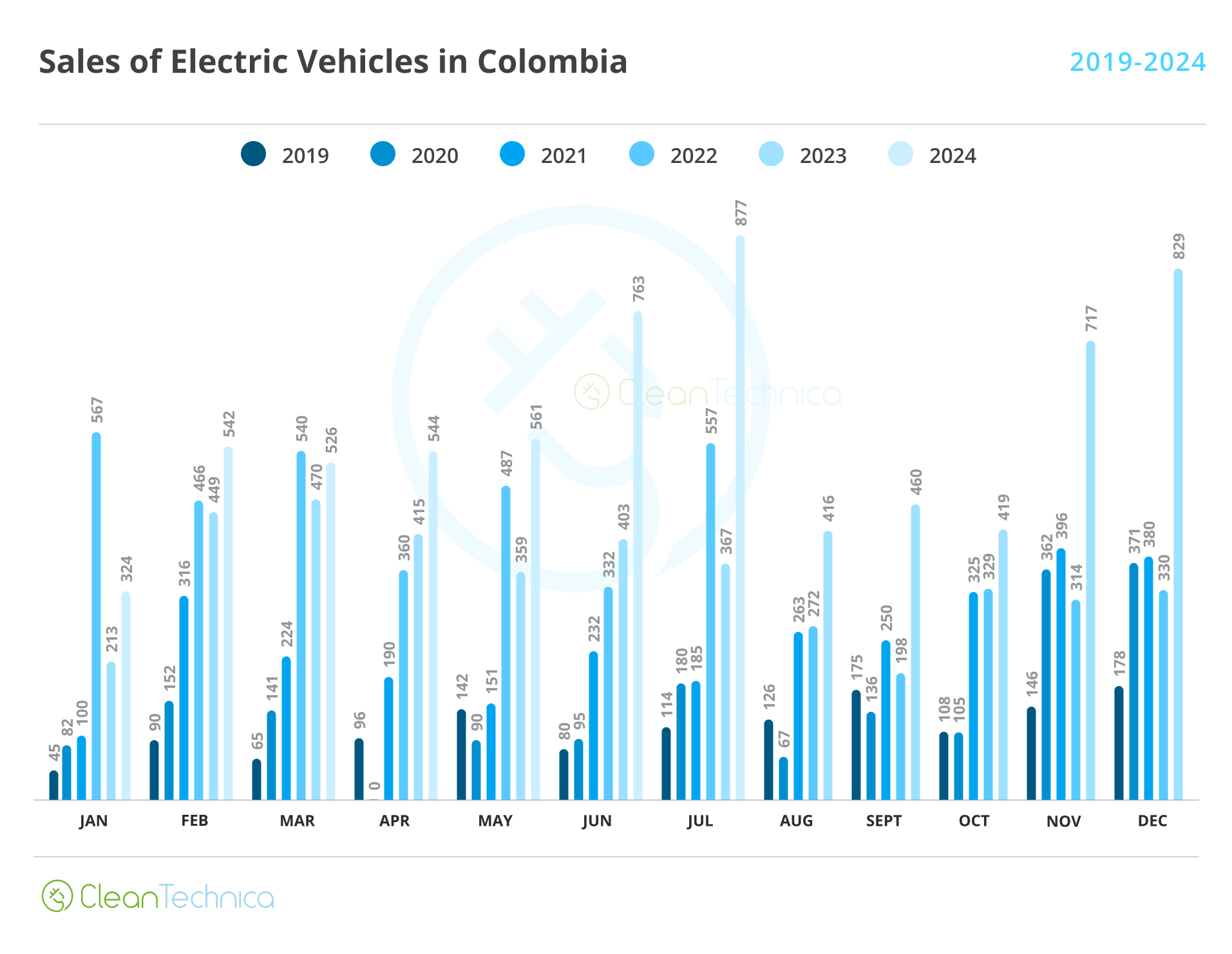Overcoming multiple bottlenecks will be essential for scaling up key technologies required to reduce GHG emissions and address the adverse consequences of climate change. The technologies that must be scaled up and reduced in cost are:
- Geothermal, nuclear, solar and wind electricity generation.
- Batteries and hydro storage to increase the effective production of intermittent electricity generation.
- Heat pumps for home, commercial and industrial heating and cooling.
- Batteries for electric vehicles for transportation.
The bottlenecks that will undermine the availability and cost-effectiveness of these technologies for the energy transition are described below. Overcoming the bottlenecks will accelerate the energy transition.
Critical minerals
The availability of the following critical minerals in sufficient quantities will determine the pace of the energy transition:
- Lithium for batteries, glassware and ceramics.
- Graphite for batteries and fuel cells.
- Nickel for stainless steel, solar panels and batteries.
- Cobalt for batteries.
- Copper for electrical and electronics products.
- Rare earth elements for permanent magnets for electricity generators and motors.
- Uranium for nuclear reactors.
- Vanadium for alloys and batteries.
Prospectors will need to scour the planet to identify the resources required. Deep-sea mining of polymetallic nodules the size of potatoes that contain manganese, iron, silicon, aluminum, nickel, copper, cobalt, and rare earths will be required. The nodules of economic interest cover part of the north Pacific Ocean. However, environmentalists are concerned that mining will significantly affect ocean biodiversity.
If countries fail to reduce the current permitting hurdles for new mines and processing facilities, it will slow the process of increasing production and the energy transition.
On the other hand, the following developments will significantly reduce the amount of critical minerals required and accelerate the energy transition:
- The success of the significant research investments underway to improve the price/performance of multiple types of batteries.
- Expansion of recycling facilities that today recycle lead-acid batteries to recycle lithium-ion batteries.
Infrastructure
The energy transition requires at least doubling the world’s electricity generation capacity. The required infrastructure includes new electricity generation facilities, transmission lines, sub-stations and distribution lines.
Expanding the electricity infrastructure will drag out the energy transition if countries fail to reduce the current permitting hurdles for generation facilities and transmission lines.
If construction contractors fail to expand the electricity infrastructure at a reasonable cost and elapsed time, it will slow the energy transition.
If activists successfully shut down electricity generation that consumes fossil fuels before these facilities reach their end of life, expanding the electricity infrastructure will become more daunting, and the energy transition will slow.
On the other hand, this scale of electricity infrastructure building can trigger an economic boom of investment and employment.
Cost competitiveness
It’s unclear whether or not the new technologies can compete with conventional electricity generation technologies in terms of cost.
Households, commercial consumers and heavy industry are already complaining about the high cost of electricity when the energy transition has barely started.
It will slow the energy transition if consumers raise more objections to the cost.
On the other hand, it’s reasonable to predict that the price/performance of the needed components will improve, as we have already observed with solar panels. Similar improvements elsewhere should lead to consumer price stability.
Land
Making enough land available for wind and solar electricity generation will determine the pace of the energy transition because these forms of electricity generation require a lot of land or water, unlike geothermal or nuclear. The world appears to have enough suitable vacant land and continental shelf not used for agriculture or other purposes.
If countries fail to reduce the current permitting hurdles for land and water-based projects, electricity generation and energy transition will slow.
Since most suitable generation project areas are far from electricity consumers, these projects also require easement permits for transmission lines.
On the other hand, focusing more on geothermal and nuclear electricity generation will dramatically reduce the land consumed for facilities and require far shorter transmission lines.
Investment funds
To complete the energy transition, scaling up the energy technologies will require significant investment in the $ trillions from capital markets or government debt.
Investor risks from electricity generation facilities include:
- Government interference in the electricity market leading to reduced returns or losses.
- Immature technology leading to higher construction costs.
- Higher permitting costs and delays.
- Underestimating construction costs leading to reduced returns or unprofitable projects.
Taxpayer risks from government-owned and operated electricity generation facilities include:
- Construction cost overruns leading to more debt and interest expenses.
- Higher electricity costs to pay for higher operating costs.
On the other hand, these risks can be reduced by:
- Governments clarifying the regulatory and taxation frameworks that apply to electricity generation facilities.
- More governments adopting energy-only markets like Alberta.
- Utilities and their contractors adopting a culture of best practices for facility design and project management.
The sooner countries can overcome these bottlenecks, most of which are self-inflicted, the sooner these countries can complete the energy transition to address the adverse consequences of climate change.
About Yogi Schulz
Yogi Schulz is an information technology consultant who works extensively in the petroleum industry to select and implement administrative, operations, and geotechnical systems. He writes regular articles about developments in the energy industry and technology.
You can contact Yogi Schulz through his LinkedIn profile at this link.
Share This:




